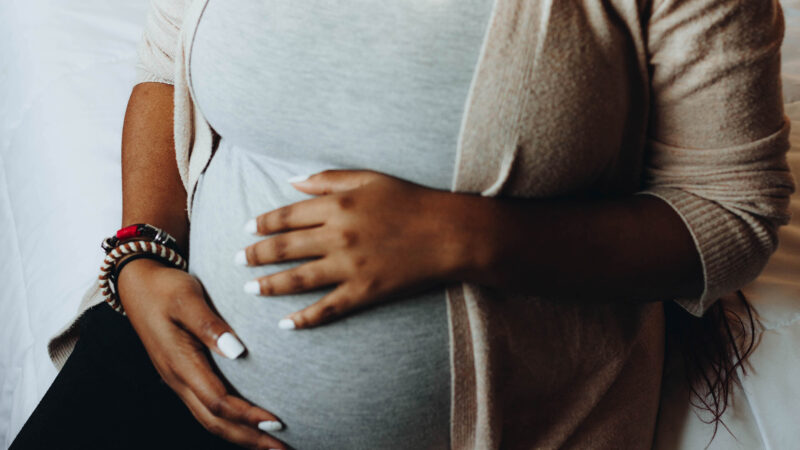Alabama’s health care system for women ranks near the bottom of this new scorecard
The Commonwealth Fund has a new category in its annual scorecard of state health systems — reproductive and women’s health care.
The scorecard looks deeper at 12 new measures that evaluate and rank states on maternal and pregnancy-related outcomes, as well as women’s access to reproductive services and other care.
Mississippi, Alabama and Louisiana rank near the bottom in the report — released June 22 — with marked increases in preventable deaths, high uninsured rates and more preterm births across all three states.
Maternal deaths nearly doubled between 2018 and 2021 and the COVID-19 pandemic played a big role. The increase was especially high among Black and Indigenous mothers already impacted by poverty and poor access to maternal health care.
Louisiana, which ranked 38th out of the 50 states and the District of Columbia, saw an increase in its maternal morbidity rate between 2018 and 2020, and it did not improve in any of the key areas researchers examined.
In Alabama, which ranked 43rd, the infant mortality rate remained higher than the U.S. average but the state did improve its access to prenatal care.
Mississippi ranked second to last in reproductive and women’s health, with worsening rates of death for women of reproductive age, postpartum medical visits, and deaths from preventable and treatable causes. Mississippi also continues to have the highest rate of infant mortality in the country.
The report uses data from before and after Roe v. Wade was overturned, and notes that most of the states that ranked lowest in reproductive care and women’s health have some of the strictest abortion bans. These states — including Alabama, Mississippi and Louisiana have fewer maternity care providers, and more women of color and their babies are dying.
The researchers recommended that states can work to improve poor reproductive outcomes, suggesting policies like extending postpartum Medicaid, funding community-based organizations and more.
You can read the full scorecard report here.
This story was produced by the Gulf States Newsroom, a collaboration between Mississippi Public Broadcasting, WBHM in Alabama, WWNOand WRKF in Louisiana and NPR. Support for reproductive health coverage comes from The Commonwealth Fund, but the news and the business departments operate independently.
HUD proposes time limits and work requirements for rental aid
The rule would allow housing agencies and landlords to impose such requirements "to encourage self-sufficiency." Critics say most who can work already do, but their wages are low.
Paramount and Warner Bros’ deal is about merging studios, and a whole lot more
The nearly $111 billion marriage would unite Paramount and Warner film studios, streamers and television properties — including CNN — under the control of the wealthy Ellison family.
A new film follows Paul McCartney’s 2nd act after The Beatles’ breakup
While previous documentaries captured the frenzy of Beatlemania, Man on the Run focuses on McCartney in the years between the band's breakup and John Lennon's death.
An aspiring dancer. A wealthy benefactor. And ‘Dreams’ turned to nightmare
A new psychological drama from Mexican filmmaker Michel Franco centers on the torrid affair between a wealthy San Francisco philanthropist and an undocumented immigrant who aspires to be a dancer.
Bill making the Public Service Commission an appointed board is dead for the session
Usually when discussing legislative action, the focus is on what's moving forward. But plenty of bills in a legislature stall or even die. Leaders in the Alabama legislature say a bill involving the Public Service Commission is dead for the session. We get details on that from Todd Stacy, host of Capitol Journal on Alabama Public Television.
My doctor keeps focusing on my weight. What other health metrics matter more?
Our Real Talk with a Doc columnist explains how to push back if your doctor's obsessed with weight loss. And what other health metrics matter more instead.







